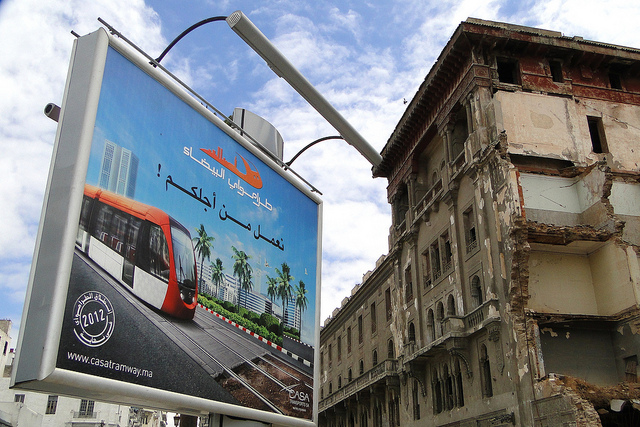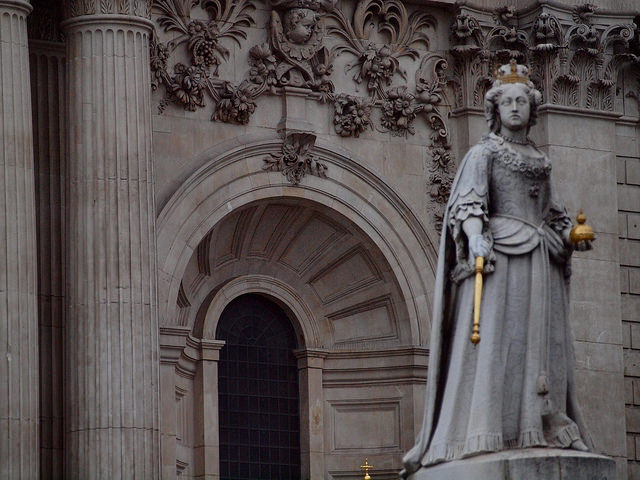Almost 60 European and African countries met July 10 in Rabat, Morocco for a major conference on immigration, following a radical rise of illegal migrants flowing to the EU from the south.
European Commission vice-president Franco Frattini believes the event could produce concrete measures tackling the "uncontrolled migration movements" between the two continents, which he argues would be "in the interest of all parties involved, including first and foremost migrants themselves."





